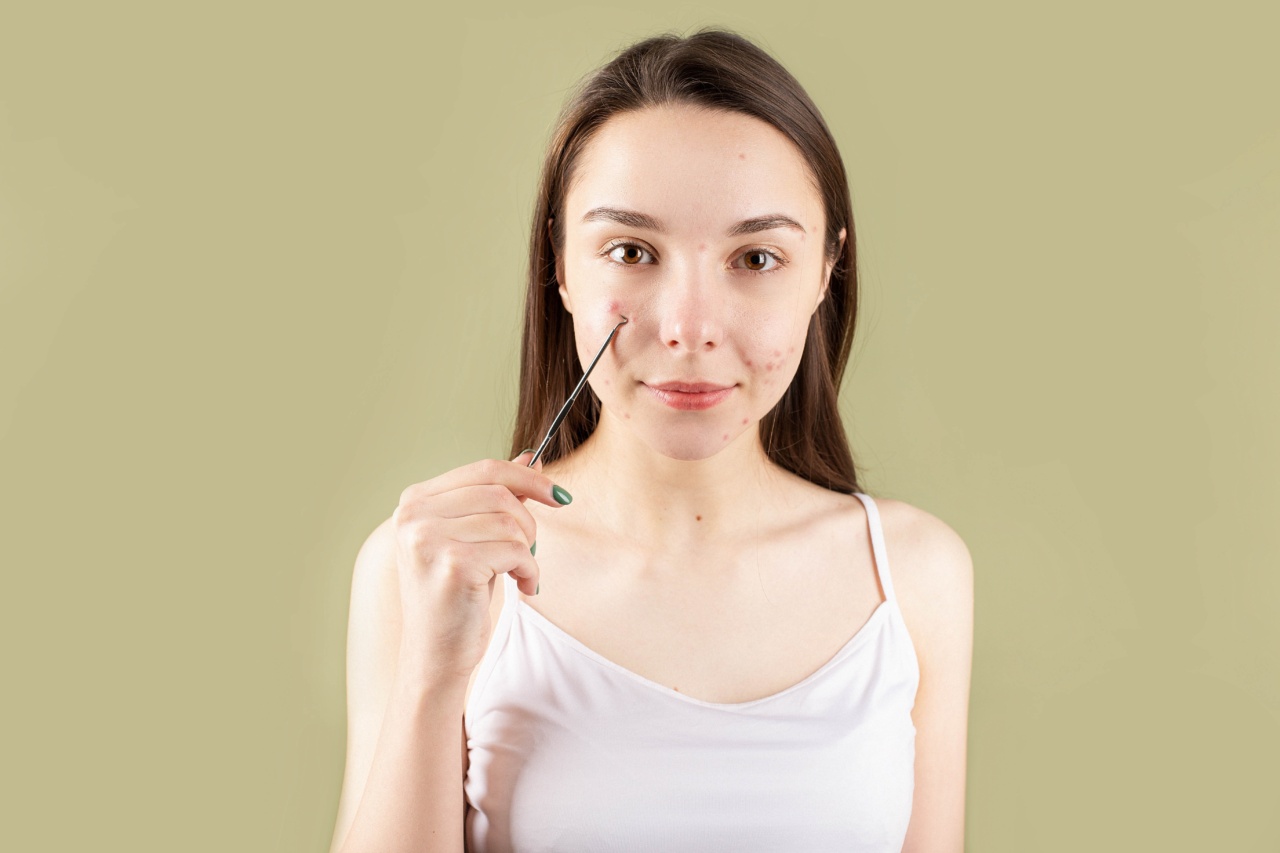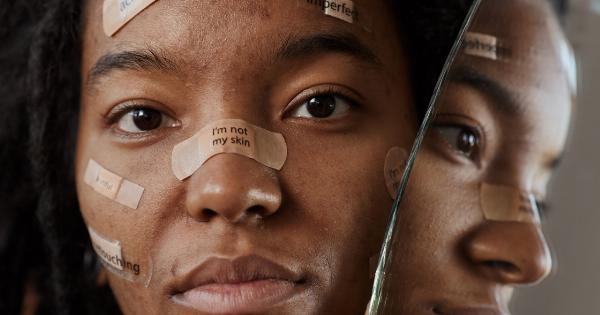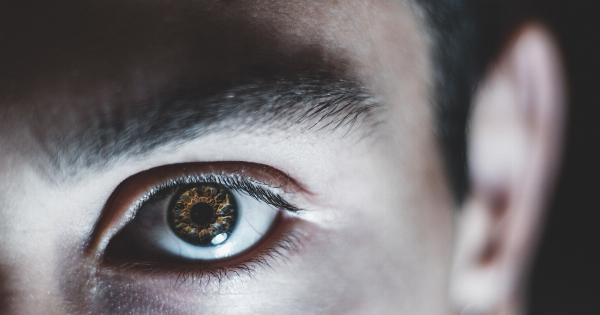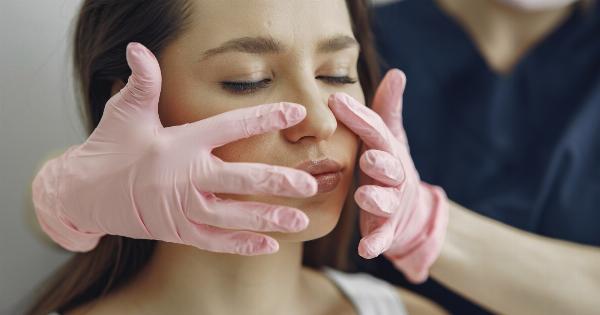Acne is a common skin condition that affects millions of individuals worldwide. It can be a significant source of frustration and insecurity, as it often manifests as unsightly pimples, blackheads, and whiteheads on the face, neck, chest, and back.
Acne can occur at any age, but it is most prevalent during adolescence due to hormonal changes. While there is no cure for acne, numerous treatment options are available to effectively manage the condition and reduce its impact on one’s physical appearance and self-esteem.
The Challenges of Acne Treatment
For many people, treating acne is an ongoing battle against various challenges.
These challenges can range from finding the right treatment that works for their specific skin type and condition to dealing with stubborn acne that does not seem to respond to conventional methods. In this article, we will explore some of the common obstacles faced by individuals seeking acne treatment and provide insights into how to overcome them effectively.
Understanding the Causes of Acne
Before delving into the complexities of acne treatment, it is crucial to have a basic understanding of the causes behind this skin condition. Acne is primarily caused by the overproduction of sebum, an oily substance produced by the sebaceous glands.
When excess sebum, dead skin cells, and bacteria accumulate in the hair follicles, they can lead to inflammation and the formation of acne lesions.
Finding the Right Acne Treatment
With countless acne treatment products available in the market, choosing the right one can be overwhelming.
Different individuals may respond differently to various treatments, making it crucial to find a solution that suits their specific skin type and condition. It is essential to consult a dermatologist or skincare professional to get personalized recommendations based on the severity and type of acne.
The Importance of Consistency in Treatment
Consistency is key when it comes to acne treatment. Many people expect quick results and often jump from one product to another, which can disrupt the effectiveness of the treatments.
Acne treatments take time to show results, and it is important to follow a consistent skincare routine to allow the active ingredients to work effectively. Patience is crucial, and one must give each treatment enough time before deciding to switch to something else.
Combination Therapy for Stubborn Acne
Stubborn acne can be particularly challenging to treat. In such cases, dermatologists often recommend combination therapy, which involves using multiple treatment modalities simultaneously.
This approach targets acne from multiple angles, combining topical treatments, oral medications, and in-office procedures to achieve better results.
The Role of Skincare in Acne Treatment
Skincare plays a vital role in managing and preventing acne breakouts.
Cleansing the skin gently with non-comedogenic cleansers, avoiding harsh scrubs or brushes, and using moisturizers suitable for acne-prone skin are all essential steps in maintaining an effective skincare routine. Additionally, incorporating products with acne-fighting ingredients such as salicylic acid, benzoyl peroxide, or retinoids can further enhance the effectiveness of acne treatment.
Lifestyle Factors and Acne
Several lifestyle factors can contribute to the development and exacerbation of acne. Poor diet, lack of exercise, stress, and inadequate sleep can all have a negative impact on skin health and contribute to the persistence of acne breakouts.
By adopting a healthy lifestyle and addressing these factors, individuals can support the effectiveness of their acne treatment and improve the overall condition of their skin.
The Role of Diet in Acne Management
While the relationship between diet and acne is still a subject of ongoing research, certain dietary factors have been shown to influence acne development.
Foods with a high glycemic index, such as sugary and processed foods, may trigger inflammation and worsen acne. Incorporating a balanced diet rich in fruits, vegetables, whole grains, and lean proteins can potentially help manage acne and promote clearer skin.
Exploring Natural Remedies for Acne
In addition to conventional acne treatments, many natural remedies can complement the management of this skin condition. Some popular natural remedies include tea tree oil, green tea extract, aloe vera, and honey.
While these natural options may not work for everyone, they can be effective for some individuals and may provide an alternative or supplementary approach to traditional acne treatment.
Addressing Emotional and Psychological Effects
Acne often has significant emotional and psychological effects on individuals, impacting self-esteem and confidence levels. It is essential to address these effects alongside the physical aspects of acne treatment.
Seeking support from friends, family, or mental health professionals can help individuals navigate the emotional toll of acne and develop a positive self-image regardless of their skin condition.
Conclusion
While acne treatment can be challenging, it is certainly not impossible to achieve clear and healthy skin.
By understanding the causes of acne, finding the right treatment, and addressing lifestyle factors that contribute to breakouts, individuals can take proactive steps towards managing and preventing acne. With consistency, patience, and a comprehensive approach to skincare, acne can be effectively controlled, enabling individuals to embrace their natural beauty and regain their confidence.


























